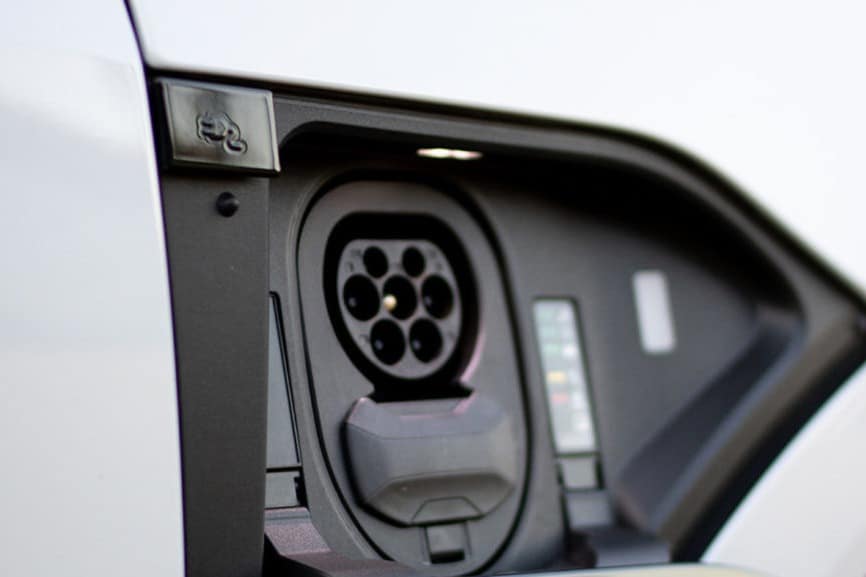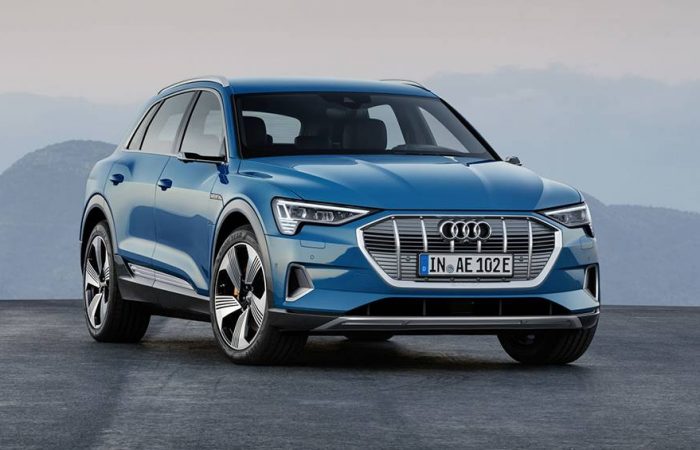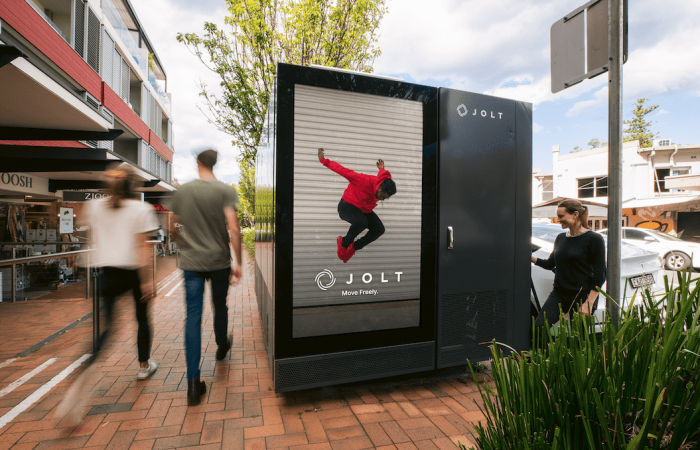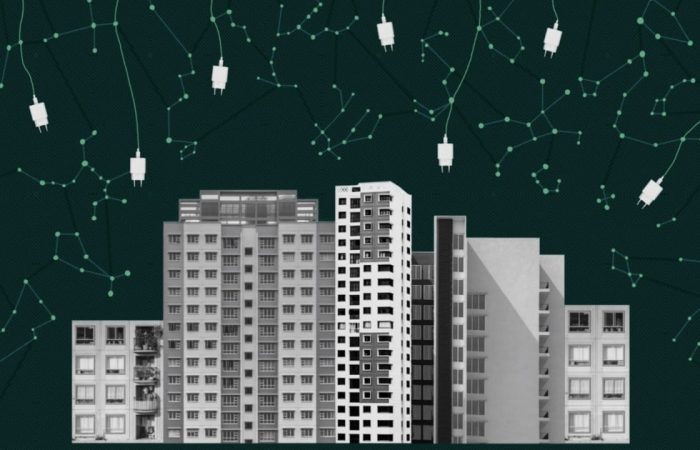If you want EV charging levels explained in a simple and straightforward manner, you’ve come to the right place. In this article, we will explain different EV charger types and which charging level is best suited to your vehicle, your budget and your lifestyle.
EV Charger Types and Charging Levels
There are 3 different types of EV chargers. Each type of EV charger provides a different “charging level”. The charging level refers to the rate at which your electric vehicle will charge.
The three different levels of EV charging are:
• Level 1 EV Charger Type – AC Slow Charging
• Level 2 EV Charger Type – AC Fast Charging
• Level 3 EV Charger Type – DC Fast Charging
The higher the EV charging level, the faster it will charge your electric vehicle. Level 2 EV chargers are suitable for charging your vehicle overnight at home. However, level 3 EV chargers are best for quickly charging your vehicle whilst in public or on a long road trip.
Level 1 EV Charging (L1)
What is Level 1 EV Charging
Level 1 EV charging is the slowest of the three EV charging levels. L1 chargers are typically only used in homes and can be plugged directly into a standard residential power outlet. Level 1 EV charging equipment typically comes standard when you purchase an electric vehicle.
Who Should Use Level 1 EV Charging
Level 1 EV charging is best suited to electric vehicles with smaller battery sizes, such as plugin hybrids. It may be sufficient if you do not drive your electric vehicle very often (less than 40km per day) or very far (less than 4000km per year). If you want to rely solely on level 1 EV charging, you will have to charge your electric vehicle for long periods of time between each drive. A full charge using level 1 EV charging can take anywhere from 8 to 40+ hours, depending on the size of your vehicle’s battery.
Specifications: Level 1 EV Charging
Charging Power: 1.4kW – 2.4kW
Outlet Required: Standard 240-volt AC household socket
Distance: 7.5km – 15km per hour of charge
Cost per Charge: About $0.30 per kWh (Based on average Australian residential electricity price)
Charging Time for a Full Charge (2kW Charger):
• Hyundai Ioniq Electric (290km / 38.3kWh): 21 hours
• Nissan Leaf (385km / 60kWh): 33 hours
• Hyundai Kona Electric (450km / 65kWh): 35 hours 45 minutes
• Tesla Model 3 Long Range RWD (520km / 75kWh): 41 hours 15 minutes
Level 2 EV Charging (L2)
What is Level 2 EV Charging
Level 2 EV charging provides mid-tier charging rates and is considerably faster than level 1 EV charging. L2 chargers are the most common type of EV charger and are often used in homes, apartment blocks, workplaces, shopping centres and some public charging stations.
Who Should Use Level 2 EV Charging
Level 2 EV charging is sufficient if you plan on staying at the charging location for at least one or two hours (e.g. whilst shopping or working). In one hour, you will typically gain about 40km of range from a level 2 EV charger. L2 is also great if you want to fully charge your vehicle overnight (8+ hours) whilst at home or a hotel. However, if you want to use a level 2 EV charger at home, you will have to install a wall box that increases the power coming out of your wall socket.
Specifications: Level 2 EV Charging
Charging Power: Up to 7.2kW
Outlet Required: Level 2 wall box connected to a standard 240-volt AC household socket
Distance: About 40km per hour of charge (on a 7.2kw charger)
Cost per Charge: About $0.40 – $0.45 per kWh at most level 2 public charging stations
Charging Time for a Full Charge (7.2kW Charger):
• Hyundai Ioniq Electric (290km / 38.3kWh): 5 hours 50 minutes
• Nissan Leaf (385km / 60kWh): 9 hours 10 minutes
• Hyundai Kona Electric (450km / 65kWh): 10 hours
• Tesla Model 3 Long Range RWD (520km / 75kWh): 11 hours 30 minutes
Level 3 EV Charging (L3)
What is Level 3 EV Charging
Level 3 EV chargers provide rapid charging rates and can be up to 50x faster than level 2 EV chargers. They are designed so that people can quickly recharge their electric vehicle in a matter of minutes using direct current (DC) technology. Typically, L3 chargers are only found in public areas (car parks, petrol stations, roadside, motorways, etc). Jolt’s level 3 EV charging stations are free to use every day for the first 7 kWh (about 45 km of range).
Who Should Use Level 3 EV Charging
Level 3 EV chargers are intended to be used in much the same way that fuel stations are used by petrol/diesel vehicles. This makes level 3 charging the perfect solution for anyone who drives daily or wants to travel long distances in their electric vehicle. For example, EV drivers can charge their vehicle for free at Jolt’s level 3 EV charging stations and gain about 45km of range within 15 minutes. That is enough range to cover the average daily commute in Australia.
Most EVs on the market are capable of accepting a charge rate of at least 50kW. However, it is worth noting that some EV’s (such as plugin hybrids) may have a lower acceptance rate and therefore can not take full advantage of level 3 charging.
Specifications: Level 3 EV Charging
Charging Power: 25kW – 350kw
Outlet Required: 480-volt Direct Current (requires significant infrastructure)
Distance: About 180km per hour of charge (on a 25kw charger)
Cost per Full Charge: About $0.50 – $0.60 per kWh at most level 3 public charging stations. But Jolt chargers are free to use for the first 7.5kWh.
Charging Time for a Full Charge (25kW Charger):
• Hyundai Ioniq Electric (290km / 38.3kWh): 1 hour 40 minutes
• Nissan Leaf (385km / 60kWh): 2 hours 40 minutes
• Hyundai Kona Electric (450km / 65kWh): 2 hours 50 minutes
• Tesla Model 3 Long Range RWD (520km / 75kWh): 3 hours 20 minutes
EV Charging Levels Explained: Are All EV Chargers the Same?
As we have explained above, not all EV chargers are the same. The higher the EV charging level, the faster the EV charger will charge your electric vehicle. As such, different EV chargers and charging levels serve different needs:
• Level 1 EV chargers are sufficient for people who do not drive their electric vehicle very often (less than 40km a day) and can spend long periods of time charging between each drive.
• Level 2 EV chargers are sufficient for people who drive their electric vehicle regularly (40 km a day) and can recharge at home overnight.
• Level 3 EV chargers are convenient for people who drive their electric vehicle frequently (40+km a day) and want to recharge quickly in public.
Every day, you can get a free 7.5kWh charge if you use one of Jolt’s level 3 charging points. This free charge will provide you with about 45km of range, which is enough to cover the average daily commute in Australia. And the best part is, it only takes 15 minutes at one of our convenient locations.
Jolt is dedicated to building a free fast-charging network across Australia, powered by 100% certified green energy. Our mission is to accelerate the electrification of transport in Australia by removing the barriers to EV ownership (range anxiety and expense). You can start using Jolt’s free fast chargers today by downloading our app on the App Store or Google Play.



